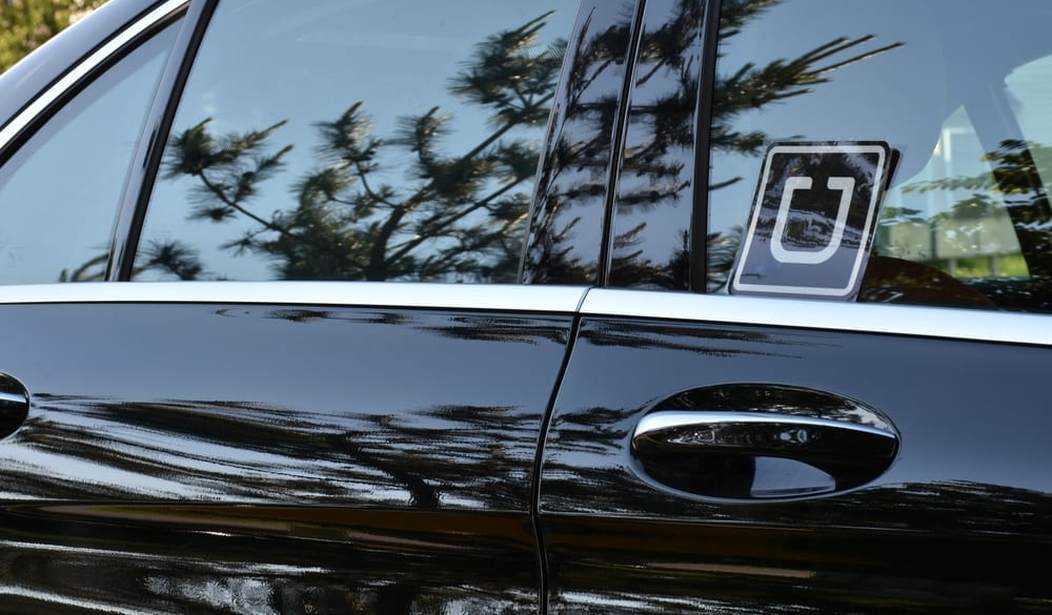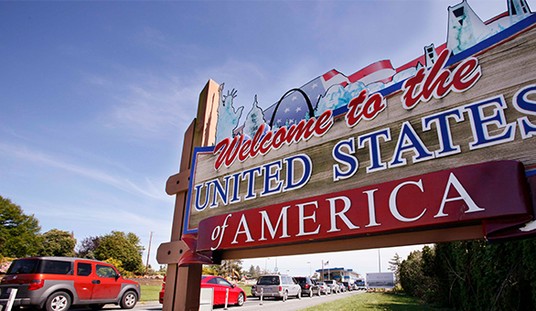A few months ago, Uber required users to provide permission to track them all the time, even when they were not using the app. There was no option to track us just when calling for a ride. Many wondered whether Uber could be trusted. If a scathing story by Mike Isaac in The New York Times is any indication, perhaps they can’t. It’s been revealed by several employees that Uber is using personal information to selectively track and screen some of its riders, specifically to deceive local law enforcement authorities who have been investigating Uber’s entry into their markets.
Uber has been using a tool they call Greyball that collects data from the Uber app that can identify officials who call Uber for a ride, and then avoids picking them up by sending them false information. The intent is to prevent these officials from gathering information and contesting some of Uber’s practices. It’s being used in cities around the world to obstruct regulators, including those that are investigating whether Uber is breaking the law.
Uber is identifying users from locations around government offices that open and close the app often, as well as identifying government-issued credit cards to block the officials’ use. Uber employees have even visited electronics stores to identify the model numbers of the cheapest mobile phones for sale, assuming that they were bought by officials with limited budgets.
In a statement, Uber said, “This program denies ride requests to users who are violating our terms of service — whether that’s people aiming to physically harm drivers, competitors looking to disrupt our operations, or opponents who collude with officials on secret ‘stings’ meant to entrap drivers.”
While many of the problems Uber is having relate to objections from local taxi companies, much of the difficulty is created by Uber itself. It refuses to do what most law enforcement agencies consider to be sufficient background checks, including fingerprint checks.
With Uber reeling from a series of embarrassments and scandals, this is another black mark on the ethics and behavior of their CEO, Travis Kalanick. First, he had to apologize for accusations of sexual harassment by a former engineer, Susan Fowler. Then, just recently, he apologized for an embarrassing video in which he chastised a driver for complaining that Uber bankrupted him after leasing him a car and then dropping rates.
But this latest issue should be a cautionary note to all of us. When Uber, or any company, asks to track us 24 hours a day, we can only imagine how they might use this information against us. There are no restrictions on Uber selling our location to advertisers, knowing when we are on vacation, and tracking our every movement to learn our habits—basically digital stalking. There has always been an understanding that when we do allow others to track us, such as Google, it’s a trade we accept to allow them to provide us with navigation and traffic information while we provide the data to generate that information. But now it’s possible to see how an unethical company such as Uber can go much further. If there was ever a reason to avoid Uber, this is it.









Join the conversation as a VIP Member